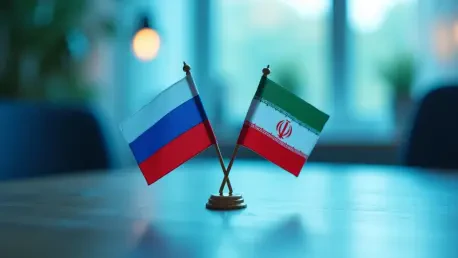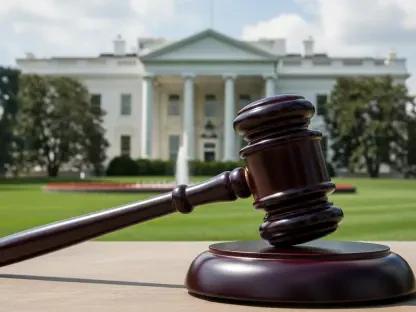Amid the complex geopolitical puzzle facing the world, former United Nations Ambassador Nikki Haley’s forceful opposition to President Trump’s suggestion of Russia as a mediator in nuclear talks with Iran has stirred considerable debate. This bold stance highlights internal divisions within the Republican Party, raising crucial questions about the direction of U.S. foreign policy and the bigger picture of global diplomacy.
The Heart of the Matter: Why Russia’s Role is Contentious
Is Russia suitable for mediating in sensitive global negotiations, especially when it comes to Iran’s controversial nuclear ambitions? Historically, Russia has demonstrated shifting alliances that have influenced its geopolitical strategies. Today, its longstanding military partnership with Iran complicates its position, raising doubts about its impartiality and reinforcing Haley’s concerns over Russia’s potential influence in such critical discussions.
The Time is Now: Understanding the Stakes
The world is grappling with multiple crises, including Iran’s pursuits in nuclear technology, which continue to defy international agreements. This matter is further complicated by the ongoing Ukraine crisis, which underscores Russia’s disputed actions on the global stage. These intertwined issues place immense pressure on U.S. foreign policy to maintain a consistent and firm stance on non-proliferation efforts while also reflecting broader international tensions.
Haley vs. Trump: Diverging Perspectives on International Diplomacy
Nikki Haley’s track record shows her staunch opposition to Iran’s nuclear ambitions, a stance she maintained during her tenure at the UN. Her criticism of Trump’s proposal stems from a belief in safeguarding alliances and opposing adversarial outreach. Contrasting with Haley’s approach, President Trump’s proposal suggests involving Russia, believing it could leverage its influence with Iran to achieve diplomatic breakthroughs. This divergence not only highlights differing strategies but also shines a spotlight on the nuances within the Republican Party regarding international policies.
Expert Opinions and Historical Insights
Haley has publicly voiced her skepticism, arguing that involving a nation like Russia could undermine the credibility of negotiations. Diplomatic experts echo similar concerns, debating the effectiveness of such strategies. Looking back, historical case studies of international negotiations provide valuable insights, indicating that the choice of mediator can significantly influence the outcome, often setting precedents for future talks.
Strategic Pathways: Considerations for U.S. Policy Moving Forward
Engagement with adversarial nations in nuclear negotiations requires a delicate balance of strategy and diplomacy. Building strong alliances, maximizing diplomatic leverage, and cautious mediation are essential elements for successful negotiations. U.S. policymakers must navigate these complex dynamics, emphasizing national interests while fostering international cooperation. The need for foresight and strategic planning is more critical than ever as these global challenges persist.
In light of these discussions, crafting effective foreign policy strategies becomes vital for addressing the multifaceted challenges of nuclear diplomacy, safeguarding peace, and ensuring national security.









